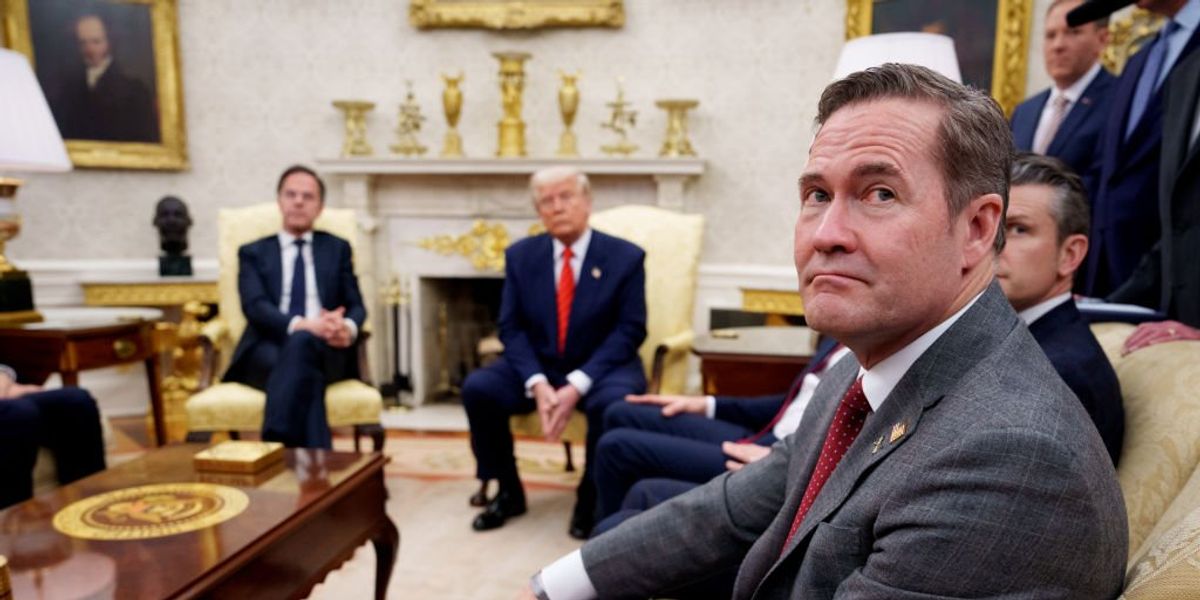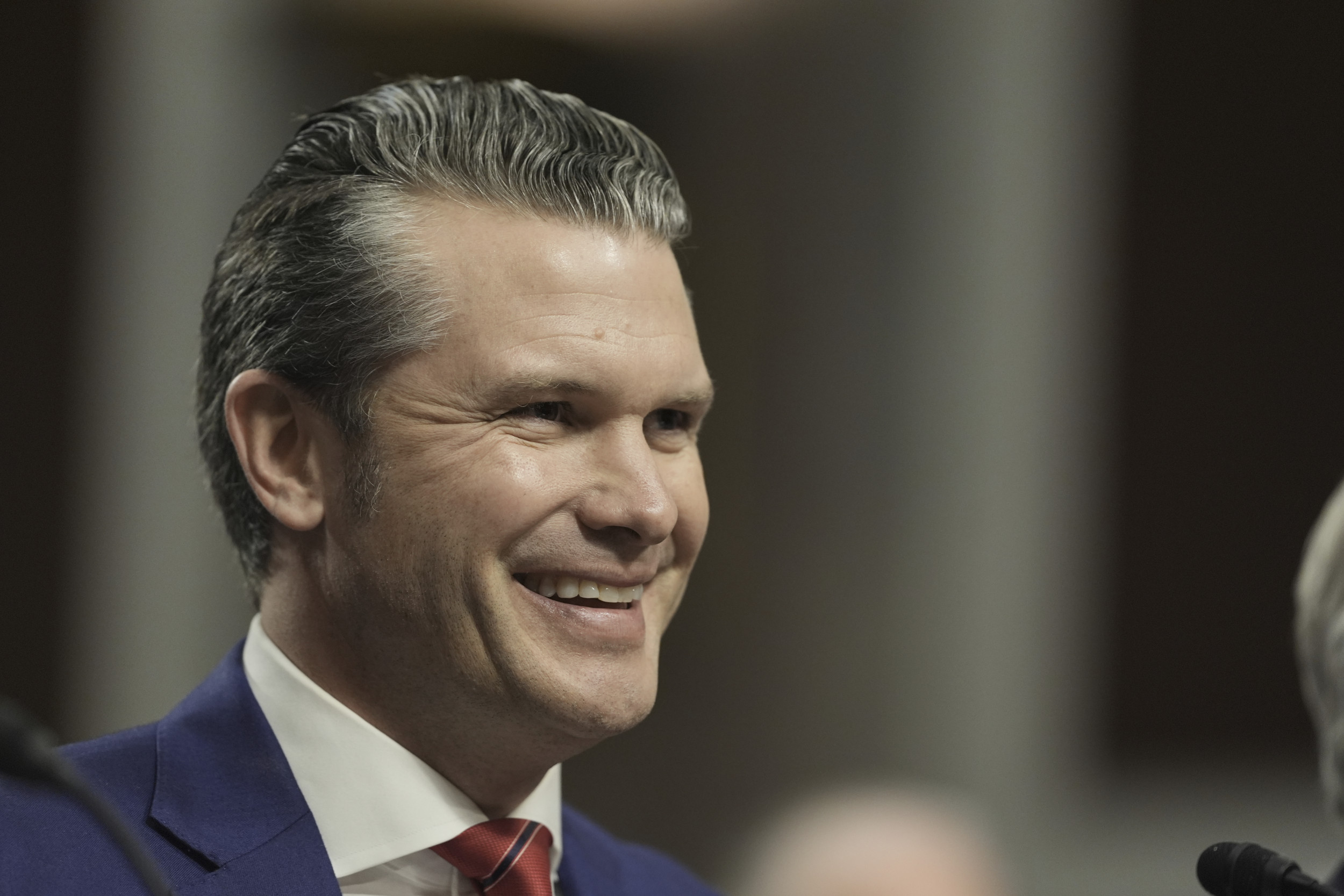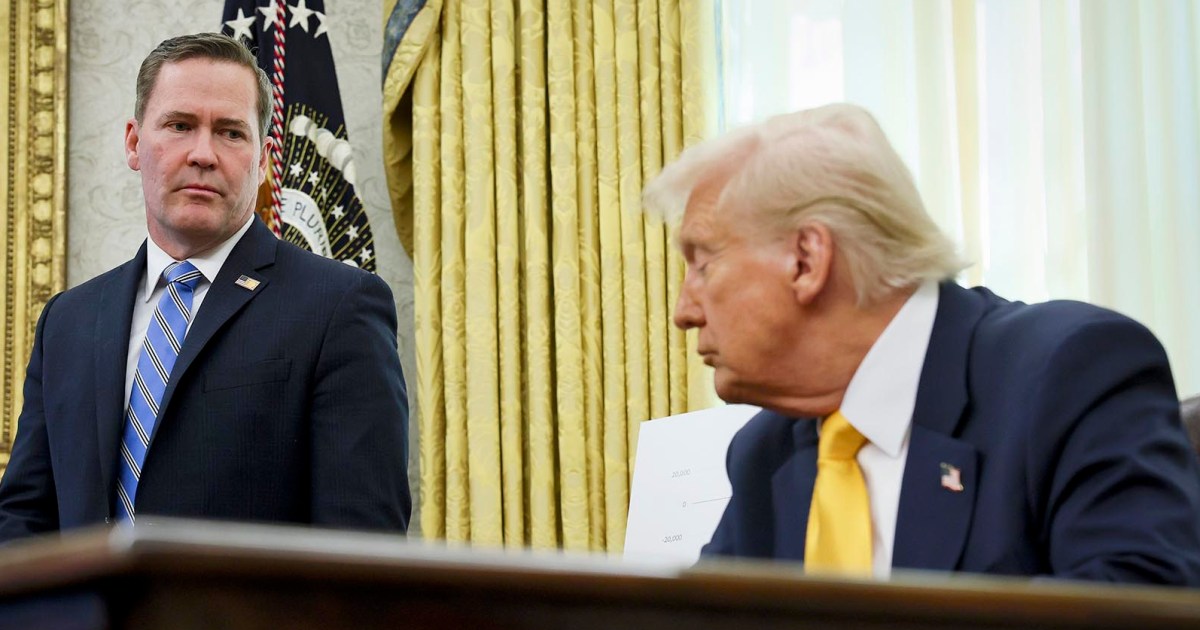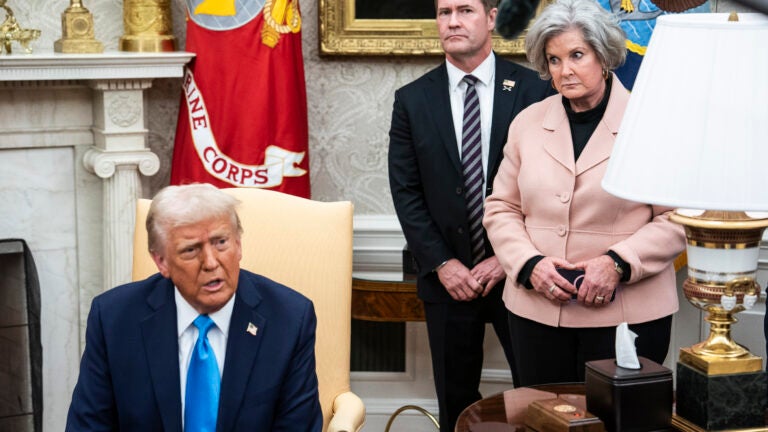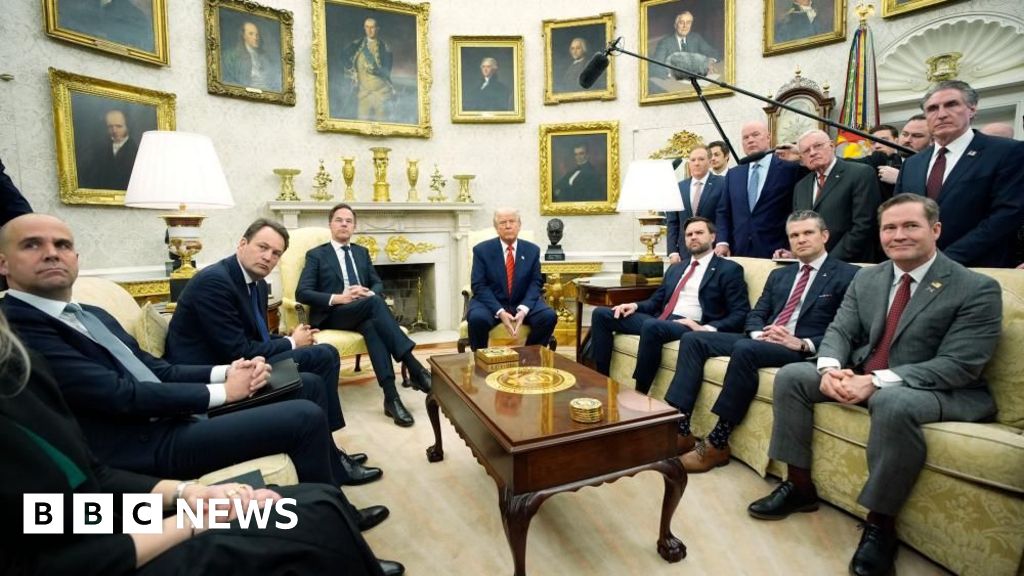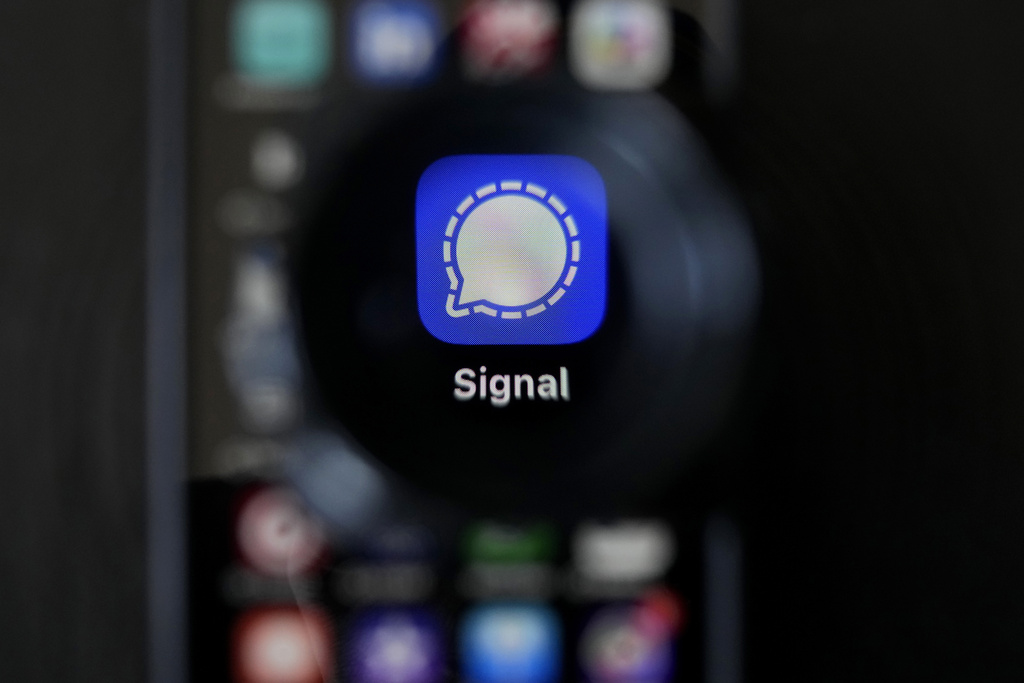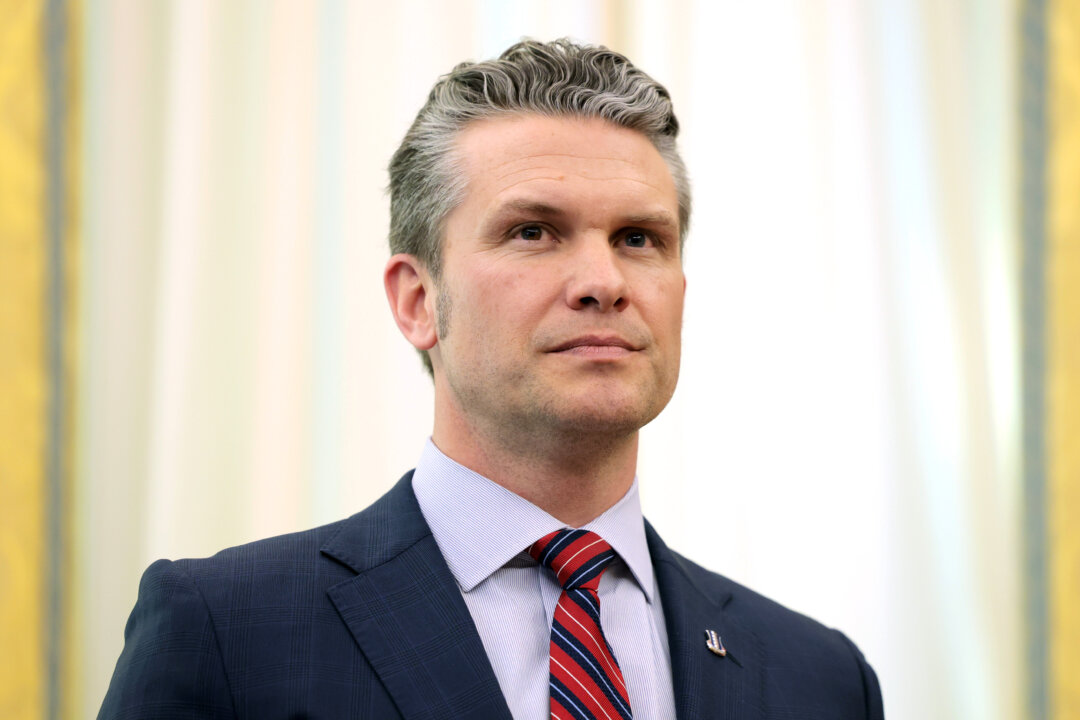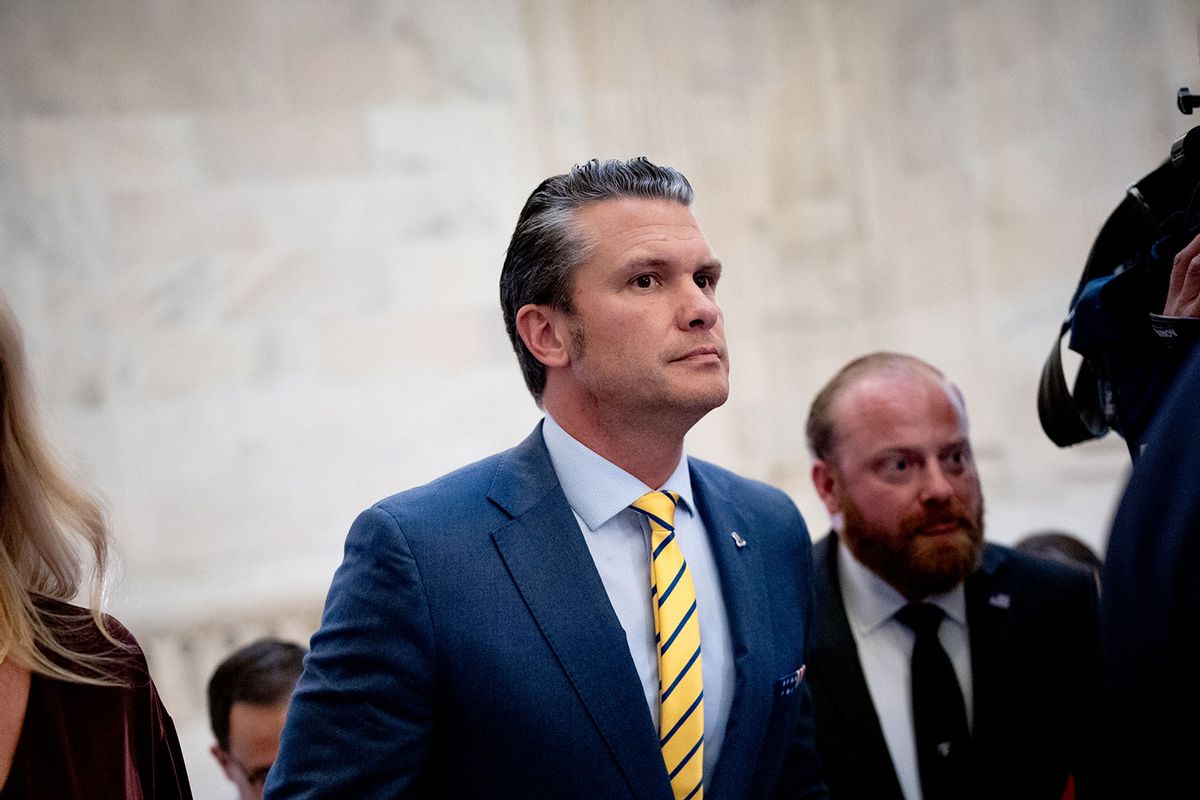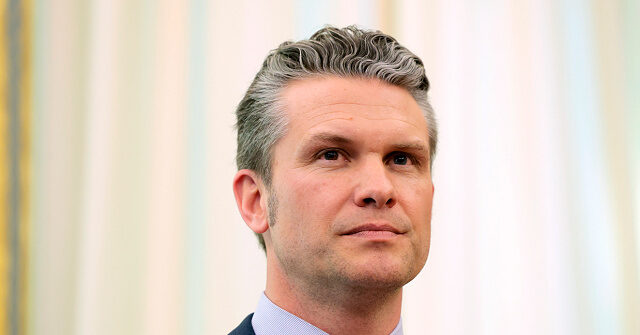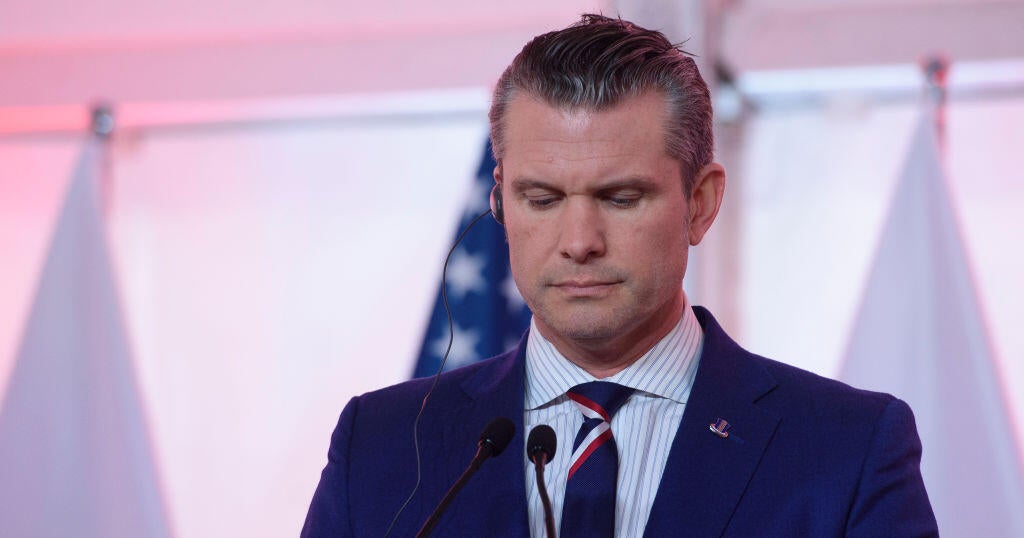Security Breach: Journalist Added to Secret Military Chat on Yemen Strikes
Jeffrey Goldberg of The Atlantic was inadvertently added to a military group chat discussing airstrikes on Houthi targets, raising serious national security concerns.
Overview
A national security breach has arisen involving Jeffrey Goldberg of The Atlantic, who was mistakenly added to a military Signal chat discussing strikes against Yemen's Houthi targets. This high-level group, which included Vice President JD Vance and Defense Secretary Pete Hegseth, debated the operational details just hours before the airstrikes. Vance expressed concerns about U.S. interests in the strike, suggesting that it mainly benefits Europe. Despite this, President Trump downplayed the breach, attributing it to a staff error and stating there was no impact on the military operation. Calls for accountability and investigations have intensified.
Report issue

Read both sides in 5 minutes each day
Analysis
- The National Security Council is investigating how a journalist's number was mistakenly included in a group chat discussing military operations in Yemen, raising serious concerns about operational security protocols. The use of Signal, an unapproved app for classified discussions, highlights significant flaws in communication practices and a lack of vigilance regarding national security. The incident has been characterized as an extraordinary breach of security by senior officials, prompting calls for accountability to avoid jeopardizing safety in military operations.
Articles (85)
Center (32)
FAQ
Jeffrey Goldberg was accidentally added to the group chat when he received a Signal connection request from someone claiming to be Michael Waltz, the national security adviser. He then found himself part of a discussion revealing sensitive military plans.
The breach posed serious risks, including the potential compromise of military operations and national security, as sensitive information was shared on an unsecured platform, which could be accessed or intercepted by adversaries.
The Trump administration acknowledged that the chat was authentic and described it as a demonstration of policy coordination. However, they downplayed the risks, stating that there were no threats to servicemembers or national security. President Trump denied knowledge of the incident.
Using unsecured apps like Signal for classified information could violate the Espionage Act and the Federal Records Act, as these platforms do not meet government security standards for handling sensitive data.
History
- 9M

 3 articles
3 articles
- 9M

 4 articles
4 articles
- 9M

 4 articles
4 articles
- 9M

 4 articles
4 articles
- 9M

 6 articles
6 articles
